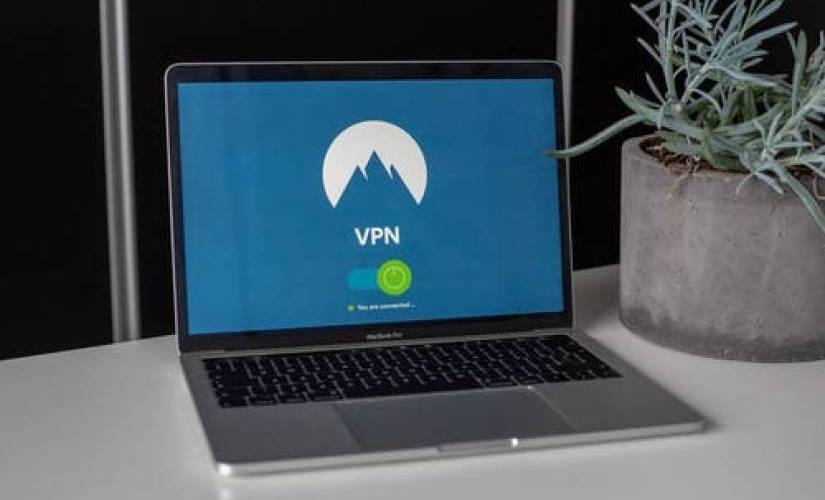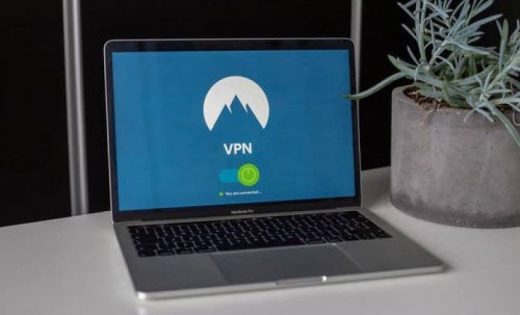How Blockchain Can Solve Access to Web 3.0 and Go Past Web Filtering
How Blockchain Can Solve Access to Web 3.0 and Go Past Web Filtering

Internet is being used to anchor communication, exchange of services, and other technological advancements. Many government services are nowadays available online. However, not all this good comes without drawbacks. The internet is also full of harmful things such as cyberbullies, unregulated adult content, frauds, and other risk-related incidences. To tame these negative effects, something has to be done, and that is where Web Filtering comes in.
What is Web Filtering?
Web Filtering is a system or technology that blocks specific internet sites or URLs from accessing users. They are made in different ways to offer solutions for enterprise, family, individual or institutional use. Web filters work in two ways – preventing the sites from loading through a pre-filled list or blocking the site live by evaluating its content. In addition, the technology can be customized to suit the needs of the user.
Can Web Filtering Use Blockchain Technology?
The more internet expands or evolves; the more prone the data carried therein is vulnerable to attacks. The sites could be hacked, and the content altered, manipulated, deleted, or reversed to achieve the attackers’ motive. To address this, it would be essential to improve the websites’ accessibility logins and data security. There is no better way to do this than using Blockchain technology.
The decentralized nature guarantees persistence, high efficiency, transparency, anonymity, secure and fast data transfer. Here, data could be filtered and encrypted in the Blockchain Network and only accessible to the intended users, bypassing attackers. Another perk is the way blockchain operates in a decentralized manner.
With the rising internet connectivity, the use of Blockchain could solve most challenges of data security and accessibility. According to IDC (International Data Corporation), it is anticipated that 75% of those who produce Internet of things devices would improve the security aspect to woe more users. In the same report, 20% of IoT Institutions would incorporate the basics of Blockchain technology in their operations.
Who uses Web Filtering?
Organizations – to prevent employees from accessing websites that are not work-related with the sole purpose of maintaining productivity.
Educational institutions – to block offensive and distracting content while ensuring security.
The Importance of Web Filtering
What more to expect than to use the internet without being worried about privacy and security and where Web Filtering comes in handy. In present times, where credit card frauds, healthcare data leak, and personal privacy is at utmost concern, web filtering can be an excellent way to prevent attacks or loss of security. Furthermore, the security of business data is essential, so monitoring and filtering what employees share helps maintain IT policies and to avoid data leakage.
One of the legislation enacted by the United States Congress in 2000 is the Child Internet Protect Act (CIPA), which requires K12 schools and libraries to use filters.
Another side of the coin is Online Censorship which is control or suppression of what can be viewed, published, or accessed online. It is often carried out by governments or private organizations at the behest of regulators and government for moral, religious, or business reasons to maintain peace or out of fear of the consequence of the release of content.
Let us see some countries that filter internet content.
Countries that Filter Websites
In some countries, it could be a crime if someone questions about web filtering. Unfortunately, there are countries where the internet is like a precious commodity and only the preserve of the elite. Below is the list of the ten most notorious countries where Web Filtering is taken very seriously.
Korea — has only 4% of the total population has access to the Internet. In fact, the government controls all the websites.
China, the country with the highest stiff censorship plan globally. The administration blocks or deletes data that seems not in their favor.
Turkmenistan — where the government is the sole internet provider. Many sites are blocked, and mail accounts are monitored.
Other countries include Vietnam, Syria, Tunisia, Cuba, Saudi Arabia, Iran, and Burma.
However, citizens will always find a way of beating around the strict filtering processes.
How to disable an internet filter?
One way to break past internet filters is through the network router where filters are set up. Websites are fed in the filter setting, and any device connected with the router will prevent it to access the websites.
Here is how you can do it: log in to your network router’s configuration utility and go to the main setting. Go to the content filtering section and checklist of blocked sites. You can delete specific websites that you want to access or deactivate it. Click apply and logout of the router.
Another way is to use a VPN – You can connect with a free or paid VPN service provider and access blocked websites. But local governments often have the power to shut VPNs if the content on the website is against the ruling party. Using VPNs also comes with a privacy risk as one which is centralized or not on blockchain stores user data. Not long ago a well-known VPN service provider was compromised and became a victim of data loss.
Decentralized VPN
The solution to this problem is using a decentralized VPN that lives on the blockchain. Most people understand blockchain as solely for trading cryptocurrency, but the technology has far more capabilities that are yet to be commercialized.
There are decentralized marketplaces, exchanges, messaging services, and domain names that cannot be censored or taken down entirely because of the core operating nature of the blockchain, which is that it is run by nodes that store a copy of the blockchain transactions and perform certain functions to keep the system secure.
There are many VPN service providers on the blockchain which aims to free the internet and protect privacy.
One such is Sentinel DVPN, which offers a Decentralized Virtual Private Network to browse the internet freely while protecting security. It boasts universal trustworthy internet access. Moreover, the platform breaks the filters of restricted content and enables access. This means guaranteed security, a fast and cheap process.
What is more, the platform allows the users to sell their bandwidth. Once a user sells their bandwidth, they would, in return be able to earn a reward in the form of $ DVPN.
Sentinel dVPN was initially built on Ethereum blockchain, but it is now transitioned to Cosmos blockchain for scalability and improved transaction processing speed.
Image Credit:
The post How Blockchain Can Solve Access to Web 3.0 and Go Past Web Filtering appeared first on ReadWrite.
(99)


